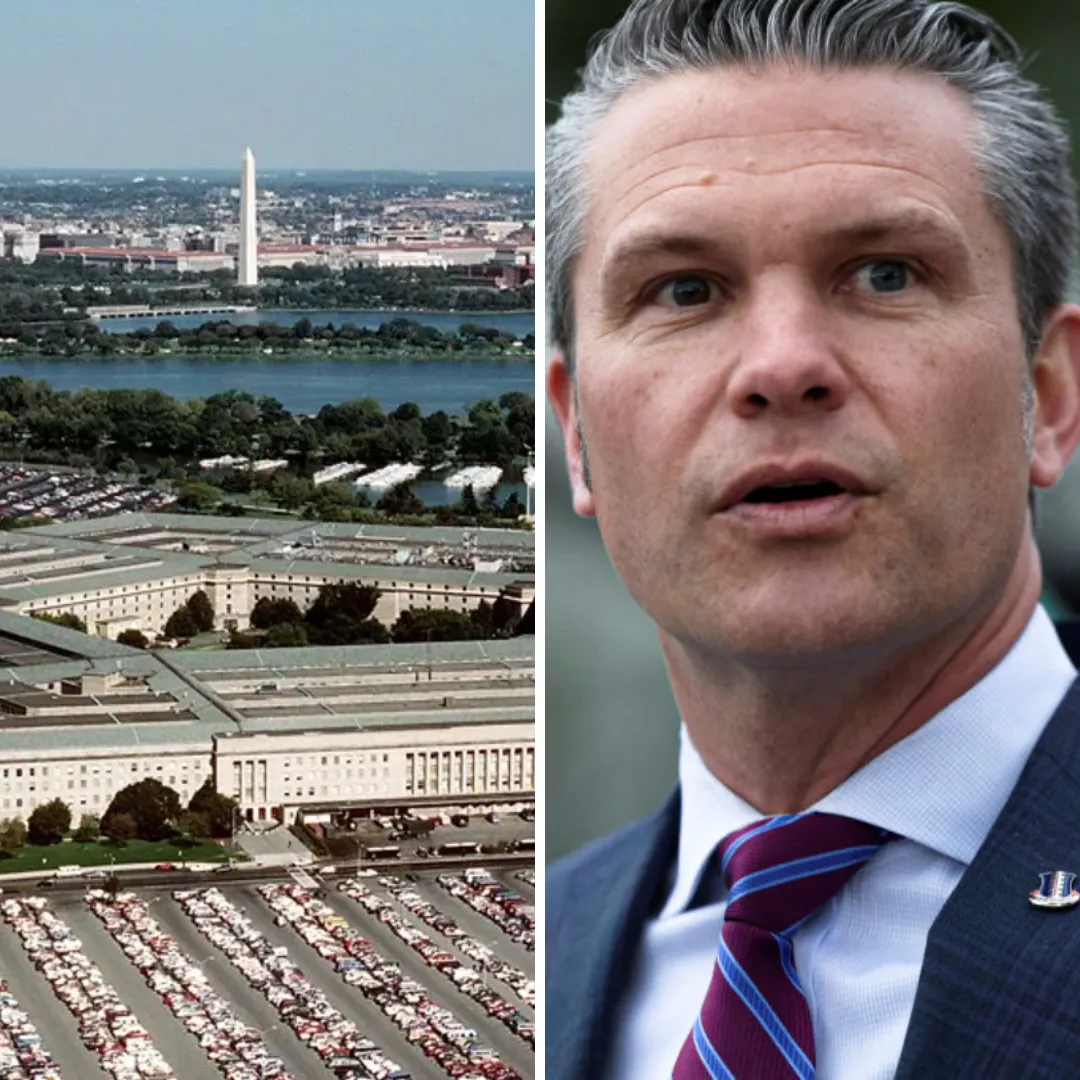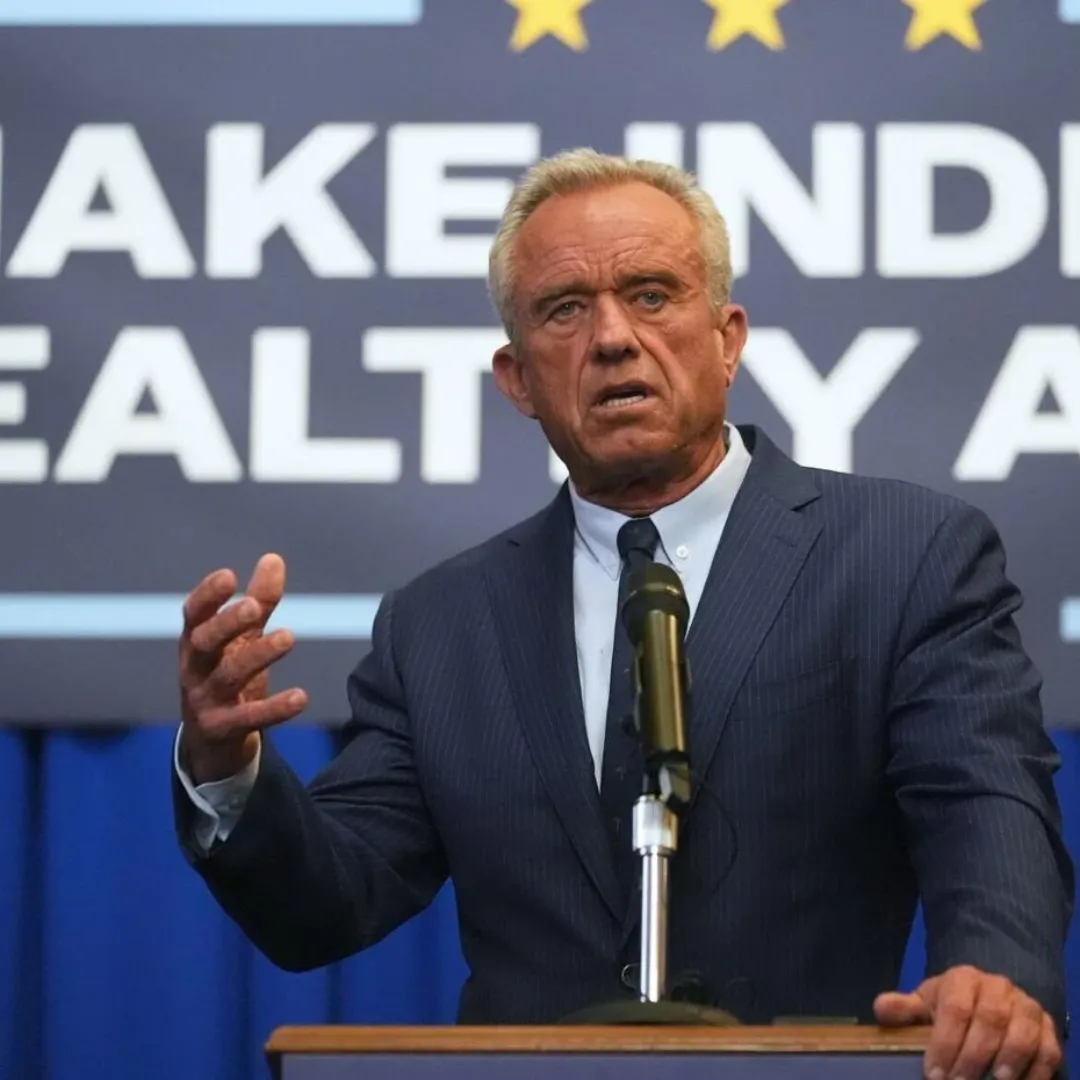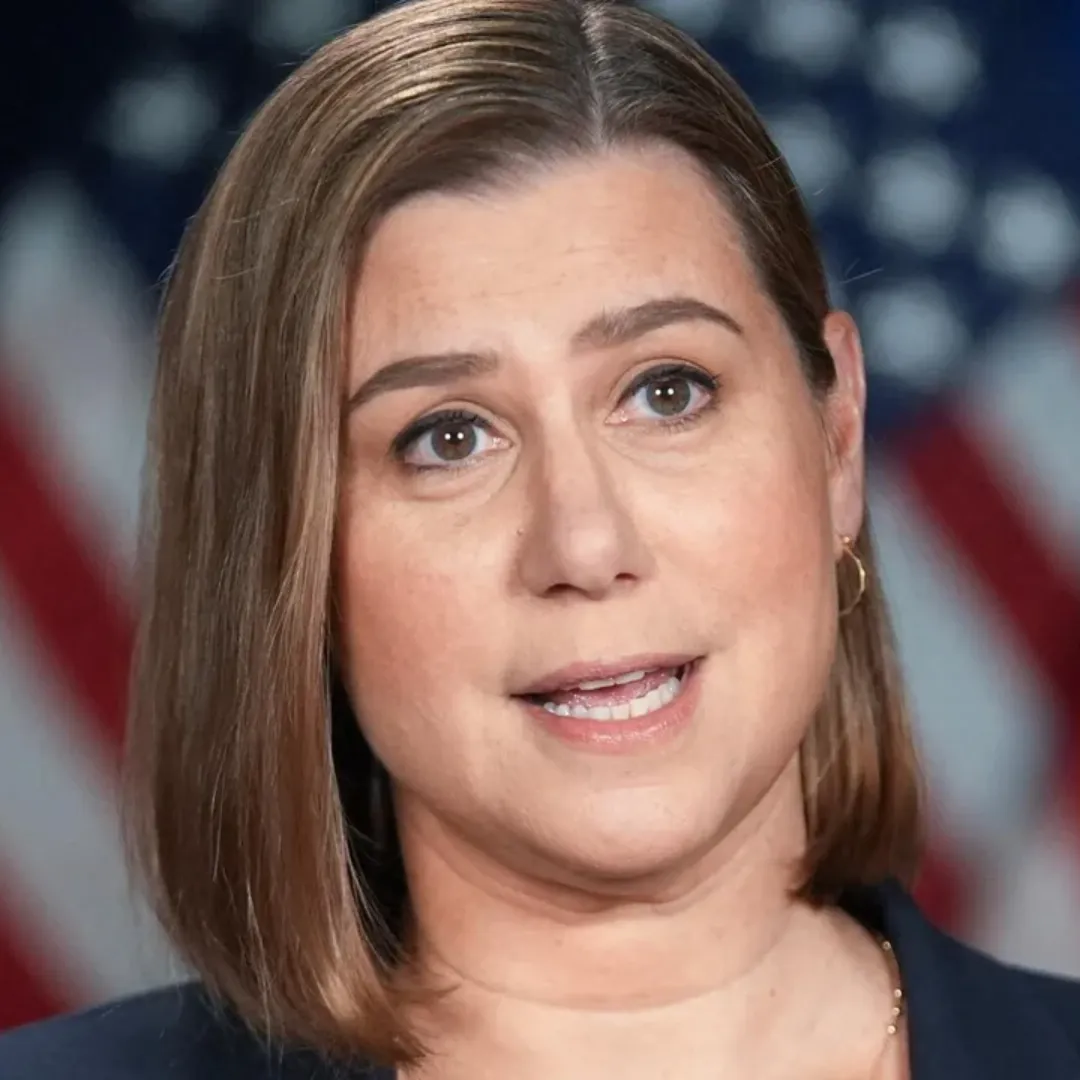
Comedian and television host Bill Maher has pushed back against criticism surrounding his recent visit to the White House, where he met face to face with President Donald Trump.
The meeting, which was arranged by musician and longtime Trump ally Kid Rock, drew controversy and sparked backlash online.
But during the latest episode of his HBO show, Maher responded publicly for the first time, stating that the purpose of his visit was to express serious concerns directly to the president rather than to offer him any kind of endorsement or validation.
On the Friday evening broadcast of his show, Maher reflected on the experience, contrasting his own conduct in the Oval Office with that of Michigan Governor Gretchen Whitmer, who also met with President Trump in recent weeks.
A widely circulated photograph showed Whitmer using folders to shield her face from photographers while in the Oval Office, a moment that quickly became symbolic for some critics and a point of mockery for others.
“She was in the Oval Office, same place I was a few weeks before,” Maher said, holding up the photo for his audience. “And this is what she did.”
The image of Whitmer, face partially obscured by a handful of manila folders, drew laughter from the audience. Maher then used the moment to highlight what he saw as two fundamentally different approaches to engaging with Trump.
“Ok, I think there’s a couple of ways to handle the Oval Office,” Maher said. “And this is not the way I chose. You don’t want to talk to people? You have no power.”

Maher went on to clarify that while he may have taken criticism for participating in the meeting, his objective was never to flatter or entertain the president. Instead, he said he used the rare one-on-one opportunity to speak frankly and voice concerns that many Americans share.
According to Maher, he told Trump directly that his policies were alarming to the public and that his rhetoric was contributing to widespread fear.
“I mean, people seem to gloss over the fact that I went in there, I didn’t surrender to him,” Maher said. “I said this, of course, people don’t care. They don’t watch what I actually did. They just react to clickbait.”
The comedian stressed that his critics had missed the point. The visit was not an act of appeasement but rather an effort to open lines of communication and confront the president with views he might not otherwise hear.
“I went there, and I said to his face, you’re scaring people,” Maher said. “Why do you want to scare your own citizens? I said to his face, ‘You ran in three elections, you lost the middle one.’ ”
Maher emphasized that sitting down with someone does not equate to endorsing them, but in the current polarized political climate, any form of engagement is often taken as a sign of loyalty or betrayal.
He insisted that it was better to speak up when given the chance rather than to remain silent and let power go unchecked.
“I’m glad that I was able to go and do that,” he said. “Got a seat at the table. Because again, what else do you have?”

In Maher’s view, political influence does not come only from holding office. It also comes from being willing to show up and speak truth to power, especially when others might be afraid to do so.
His reasoning for attending the meeting was rooted in the idea that one should not wait out a four-year term in silence, particularly if there is an opportunity to offer resistance from within.
“You have no power,” Maher said. “So this idea that, I mean, and he’s gonna be there for another four years, that’s a long time to hold your breath.”
The remarks drew a mix of reactions from Maher’s live audience and from viewers online. Some praised him for taking a principled stance in front of the president.
Others remained skeptical, viewing any contact with Trump as a form of normalization. Still, Maher stood firm on his decision, repeating that the meeting allowed him to deliver honest feedback directly to the source.
In contrast, Whitmer, who also recently met with Trump in the same office, addressed her now-famous photograph during an event earlier in the week. Her explanation was more casual and light-hearted.
“Someone asked me what was going through your mind at that moment and it was ‘I don’t want my picture taken,’ ” Whitmer said. “That’s all it was.”
Whitmer expressed some regret for the visual, acknowledging the unintended message the image may have sent.
“I kind of wish I hadn’t put my folder in front of my face but whatever,” she continued. “I just wrote a book about learning to laugh about yourself, so I’m pretty good at it. And we all have our moments.”

While Whitmer’s attempt to deflect attention with humor may have been effective for her supporters, Maher interpreted it as a missed opportunity to engage in meaningful dialogue.
He argued that political leaders, especially those in opposition to the administration, must be willing to speak directly and confront power without hesitation.
That belief led him to accept the invitation to the White House, despite the inevitable blowback that followed. Maher said that staying quiet for fear of optics does not help anyone and only allows the powerful to operate without challenge.
Maher also discussed the criticism he received for the meeting itself, particularly from progressives who accused him of legitimizing Trump by appearing in the Oval Office.
He pushed back against those claims, saying that speaking truth directly to someone in power is not the same as offering them support or legitimacy.
“I didn’t go there to kiss the ring,” Maher said. “I went there to ask questions and express concern, like a citizen should.”
Maher’s message was clear: silence is not an option when the stakes are this high. His choice to engage, even under difficult circumstances, was based on his belief that conversations matter and that direct communication has the potential to make an impact.
The broader implications of Maher’s visit and Whitmer’s reaction continue to be debated in political circles. Some believe that any engagement with Trump carries risks, including the potential for being used as a prop or for having one’s words misrepresented.

Others argue that refusal to engage is equally dangerous, as it cedes the room to those unwilling to challenge the president.
Maher’s account offers a rare look into what such a conversation might look like behind closed doors.
According to him, Trump listened but remained unyielding. Maher did not expect a full reversal of policy or attitude, but he said the act of voicing dissent in person was a step that too few are willing to take.
The comedian has long been a vocal critic of Trump and his policies, using his platform on HBO to highlight issues related to democracy, civil rights, and the erosion of institutional norms.
His appearance at the White House was, in his view, an extension of that commitment, even if it came at the cost of public perception.
Whether his visit had any lasting effect on Trump’s thinking is uncertain. But for Maher, the goal was never to win the president over.
It was to stand up, say what needed to be said, and not back down from a challenge simply because it was unpopular.
As political discourse continues to fracture and partisanship deepens, the question of how best to engage with political opponents will remain contentious.
Maher’s example offers one path — one based on confrontation, dialogue, and the belief that refusing to speak is not a solution.

In the end, both Maher and Whitmer navigated their respective moments in the Oval Office in ways that reflected their personalities and political styles. Maher chose directness, while Whitmer opted for privacy.
Neither approach is perfect, but both serve as reminders that even within the halls of power, the pressure to manage appearance, messaging, and public expectations remains high.
For Maher, the experience reinforced his belief that engagement, however difficult, is necessary.
“You don’t want to talk to people? You have no power,” he said once more, underscoring his belief that influence begins with showing up — even when it’s uncomfortable. Especially then.



